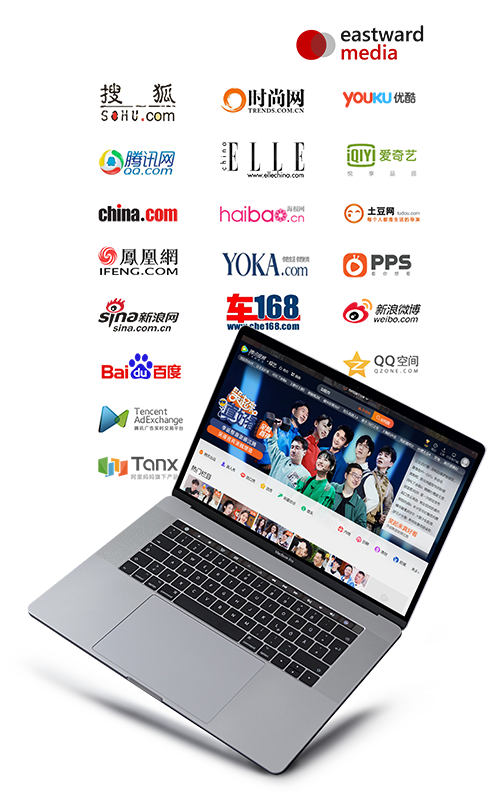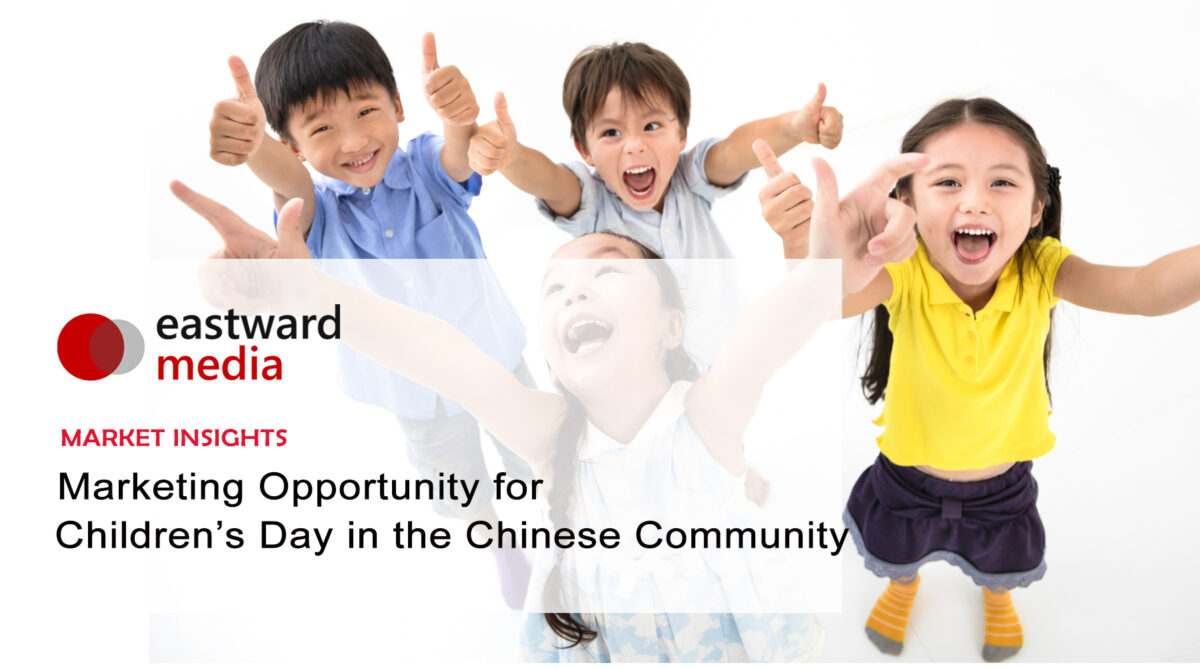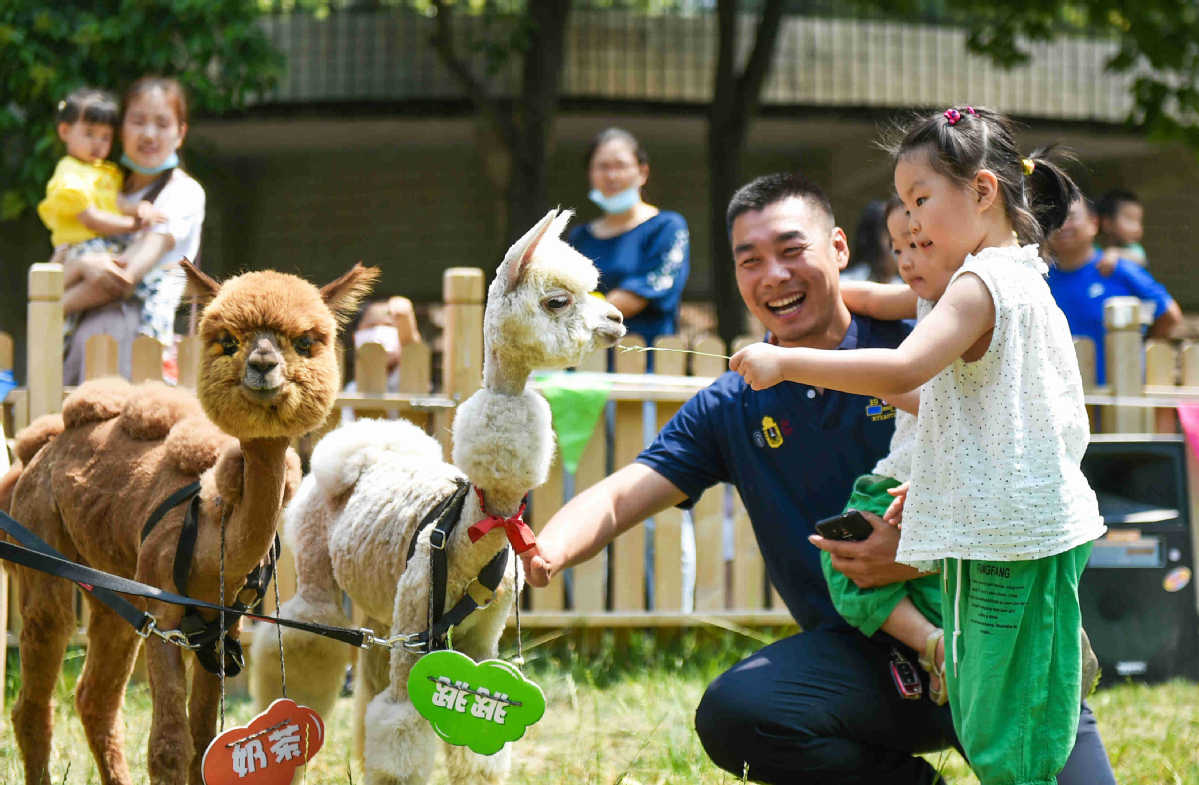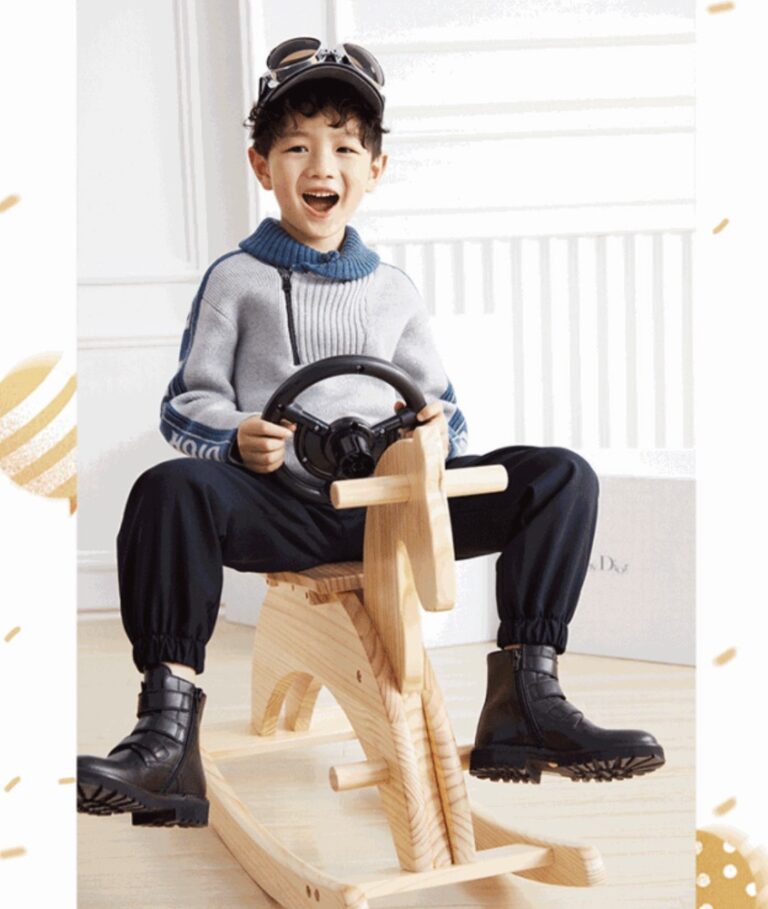On Which day of the year do you celebrate Children’s Day? The answer could be very different depends not only on where you are but also on your cultural background.
In Canada, National Children’s Day is on November 20th while Americans generally celebrate Children’s Day on the second Sunday in June or October 8th.
In China, the festival is very well recognized with a national school holiday each year on June 1, officially called ‘June 1 International Children’s Day’ (六一国际儿童节).
For Chinese, Children’s Day is a day to celebrate children in our society and to promote togetherness of families. It is also a big day for fun and games with the kids. In China, schools usually hold activities such as children’s performances and camping trips, businesses would offer discounts on food, entertainments, movie tickets on this date.
Admission to some major tourist attractions, like amusement parks and zoos, might even be completely free of charge for children. The parents would spend the day out with their beloved little ones by taking the day off.
It is also a major tradition for Chinese parents to give their children toys or other gifts like fashions or books and treat them with their favorite foods (fast-foods a lot of time) on June 1st.
These traditions well follow the Chinese immigrants to North America as the group of relatively younger parents still carry good memories of the fun and perks celebrating Children’s Day from their childhood years in their hometowns. They are emotionally tied to June 1 and want to pass this sense of happiness onto their children.
How does Covid-19 affect the celebration of Children’s Day for Chinese?

However, with the Pandemic still ongoing, “spending the day out with the kids to celebrate Children’s Day” becomes very hard when many cities are still under lockdown.
So, the best way to celebrate this year will be to buy their kids toys or other gifts and spend quality time playing with them while staying at home.
The focus will be more on the gift-giving instead of spending the day out on a “Stay at Home” Children’s Day this year.
Marketing Opportunity
The Children’s Day on June 1 creates a very good opportunity for brands and businesses in North America to promote to the target market of young Chinese families with kids of up to 14 years of age.
Some of the suggestions of products which could take advantage of this festival are:
- Toys
- Fashions
- Foods / Restaurants
- Education products or services
In China, Brands have leveraged this cultural phenomenon to promote sales in many creative ways:
Renowned toy brand LEGO was the holiday sponsor for Children’s Day in China in 2019.
The campaign was promoted with a mandate of “bringing learning through play and support the power of play for Chinese children and parents”.
Video : Lego Facebook Page
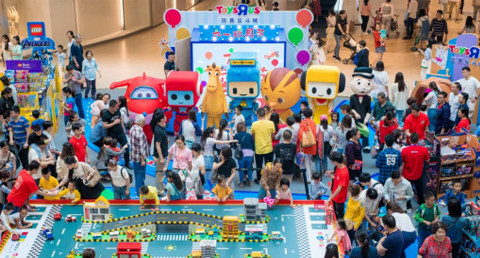
Global toy retailer Toys R Us had record-breaking YOY sales growth of over 25% in China on the first weekend of June in 2019, as tens of thousands of customers took part in the retailer’s annual Children’s Day celebrations.
Kids and families got to enjoy a significant increase in exclusive product ranges offered through Toys”R”Us China’s vast network of over 180 permanent stores and over 100 experiential offsites, set up specifically to celebrate Children’s Day.
Fashion brands like Longchamp, Christian Dior and Ralph Lauren have released special product lines for Children’s Day, to build emotional connections with parents in China.
Dior saw the upcoming Children’s Day a great opportunity to promote the Baby Dior 2018 Autumn/Winter Collection to Chinese consumers.
The brand invited kids who gained fame from a highly-popular reality show in China called “Where Are We Going, Dad?” (爸爸去哪儿), to feature in the holiday campaign.
The children were pictured posing in Baby Dior outfits looking delightful and smart, making Baby Dior products appealing to parents.

On the Children’s Day of 2020, Nike released a new video with the theme “You Can’t Stop Us – Don’t Miss this Lesson” (哪儿挡得了我们 — 这一课别错过) on their official media account, and announced the launching of the “You Can’t Stop Us” Children’s Sports Activity Series.
The goal of the campaign was to promote children’s sports development. While enhancing physical fitness and enjoying sports fun, the children will be inspired by the spirit of sports and build lifestyle and personal qualities that will benefit them lifelong.
In China, Brands have leveraged this cultural phenomenon to promote sales in many creative ways:
Renowned toy brand LEGO was the holiday sponsor for Children’s Day in China in 2019.
The campaign was promoted with a mandate of “bringing learning through play and support the power of play for Chinese children and parents”.
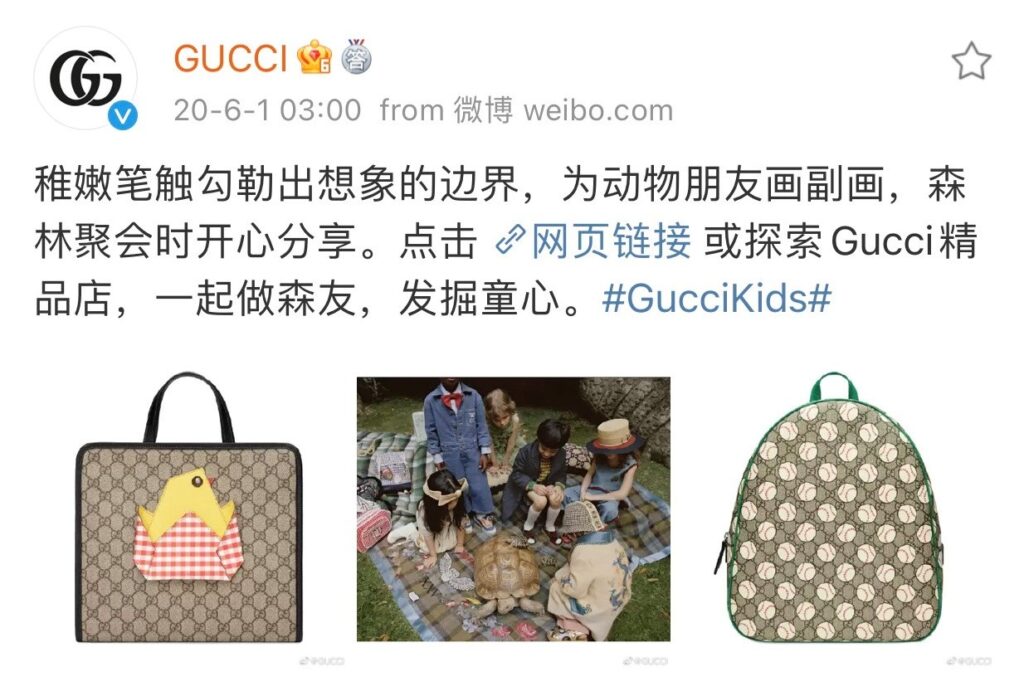
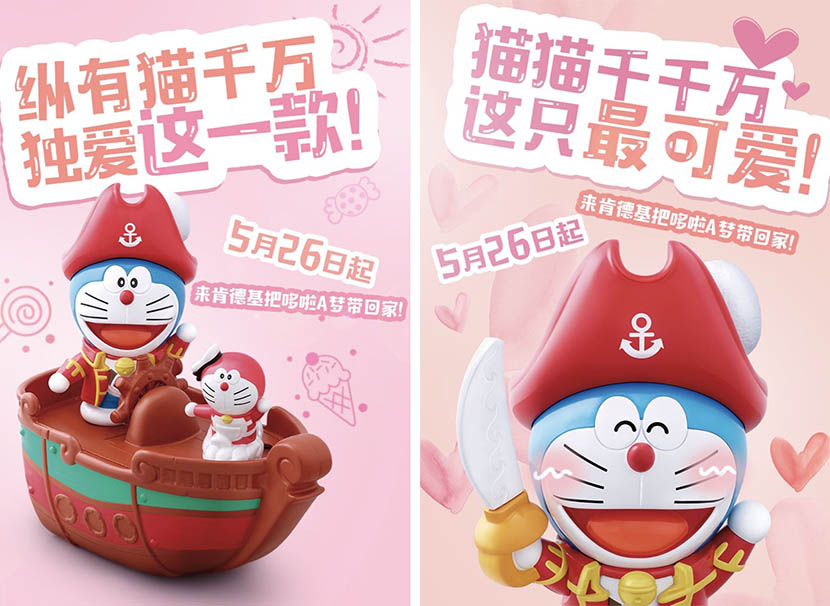
KFC commemorated the Children’s Day by introducing their Doraemon-themed kids’ meal toys in 2018.
The toys’ release coincided with the cinematic premiere of the movie — “Doraemon the Movie: Nobita’s Treasure Island” (哆啦A梦:大雄的宝岛) — celebrated nostalgia as much as children.
Not only families with children but people of all ages and demographics could be seen rushing into KFC creating a big crowd on that Children’s Day.
The target audience of Children’s Day promotions can actually be extended to a wider range of Chinese Millennials without kids but who are still kids at heart themselves.
A precisely targeted marketing strategy will be able to help your campaign and message reach the right audience.
EASTWARD MEDIA
Reach Chinese consumers in North America with Eastward Media.
We are devoted to help media agencies and brands reach Chinese consumer audiences in North America through their favorite Chinese websites, mobile apps, and video streaming platforms , targeting them by their browsing interests, affinity groups, and shopping motivations.
Local Chinese consumers, especially first-generation immigrants from Mainland China, can spend up to 85% of their online time using popular China-based sites like YouKu, iQIYI and Sohu (Chinese equivalents to YouTube, Netflix and google … etc.), which are not accessible from general programmatic marketplaces and Google or Facebook networks.
We also target Chinese consumers through their most widely used social media platforms with our customized marketing strategies.
Interested in learning more? Connect with us today.
